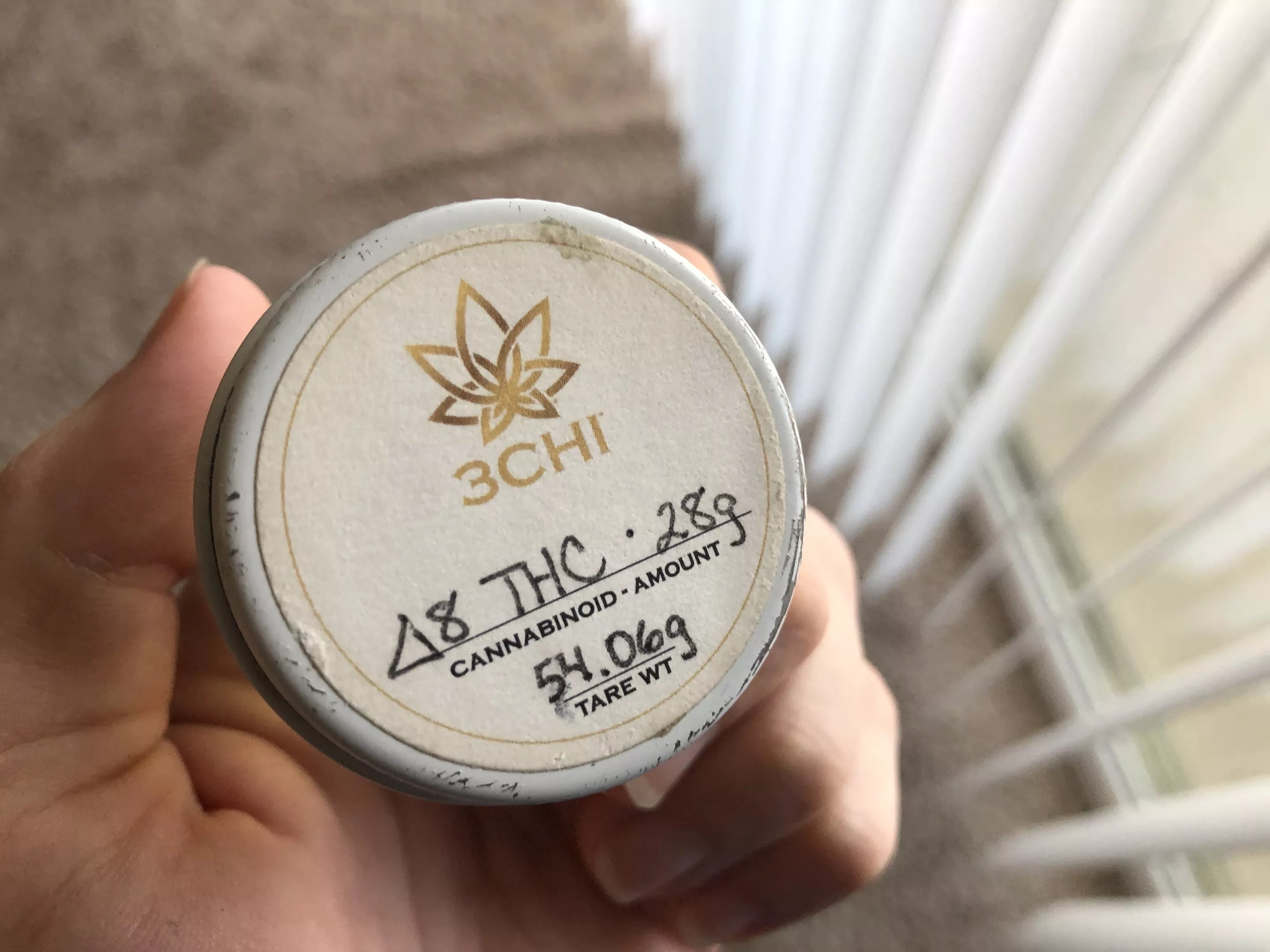
Jacob Vaughn

Audio By Carbonatix
A federal appeals court in San Francisco unanimously ruled that delta-8 THC and various other compounds of the cannabis plant were made legal across the country with the passage of the 2018 Farm Bill.
Texas hemp growers filed a lawsuit against the state last year after it banned delta-8, claiming it was a controlled substance. In court hearings, the state’s lawyer argued that delta-8 was illegal across the U.S. because it was named on the federal list of controlled substances. However, the inclusion of delta-8 on the federal list of controlled substances doesn’t consider whether its derived from low-THC cannabis, called hemp, or high-THC cannabis, often called marijuana. The state lawyer didn’t make that distinction either.
The Farm Bill defined hemp as “the plant Cannabis sativa L. and any part of that plant, including the seeds of the plant and all derivatives, extracts, cannabinoids, isomers, acids, salts, and salts of isomers, whether growing or not, with a delta-9 tetrahydrocannabinol concentration of not more than 0.3% on a dry weight basis.” Delta-9 is the main component in weed that gets users high. The effects of delta-8 are often described as milder than those of delta-9.
Delta-8, like some other psychoactive components that have hit the shelves in the last couple years, doesn’t occur naturally in the cannabis plant in high enough quantities to get users high. So, people have been extracting CBD from the hemp plant and converting it through a chemical process into delta-8 and other substances. The basic understanding from manufacturers was that as long as the CBD used to make these other substances was derived from plants with less than 0.3% delta-9 THC, it was all legal.
“[The law] is silent with regard to delta-8 THC.” – federal appeals court
That understanding has been challenged again and again. But the San Francisco appeals court, in a completely different case, said this was its understanding of the law as well.
According to Marijuana Moment, all of this stems from a trademark and copyright dispute between two companies, AK Futures and Boyd Street Distro. AK Futures claimed that Boyd Street Distro was selling counterfeits of their vaping products. The products Boyd Street Distro was selling contained delta-8. Boyd Street Distro said this claim was invalid because delta-8 wasn’t federally legal, which meant products containing the substance couldn’t receive any trademark protections.
Yet the federal appeals court disagreed.
In its 3-0 ruling, justices on the 9th U.S. Circuit Court of Appeals said as long as the substances didn’t exceed 0.3% delta-9 on a dry weight basis, they were legal. They added that the law “is silent with regard to delta-8 THC.” The 9th Circuit has jurisdiction in nine western states, so it’s uncertain what, if any, effect the ruling might have in Texas, which is in the 5th Circuit.
After the 2018 Farm Bill passed, many states passed their own hemp bills that mirrored the language in the federal law. So, in several states, including Texas, hemp is defined the exact same way. Some, including the state’s lawyers in the Texas delta-8 case, have said that while language in the bills may have inadvertently legalized these substances, it was never the intent of the lawmakers.
That’s all fine and well, the panel of San Francisco judges said, but it’s something that should be rectified by Congress.
“Regardless of the wisdom of legalizing delta-8 THC products, this Court will not substitute its own policy judgment for that of Congress,” Judge D. Michael Fisher wrote in the panel’s opinion. “It is for Congress to fix its mistake.”
Some are determined to make that correction possible.
U.S. Rep. Chellie Pingree of Maine filed a bill earlier this year called the Hemp Advancement Act of 2022. This bill, exchanges the federal cap on delta-9 THC for a cap on all THC in hemp products. If passed, Zachary Maxwell, president of Texas Hemp Growers, said, the legislation will “kill the delta-8 and smokable flower market.”
Maxwell created the American Hemp Growers, an association of growers from across the country, to oppose Pingree’s bill.
“If your business depends on delta-8 or smokable flower, then you cannot sit on the sidelines and assume this will die,” Maxwell said. “This bill will effectively kill the hemp industry and shutter probably 50%+ hemp retailers across the country.”